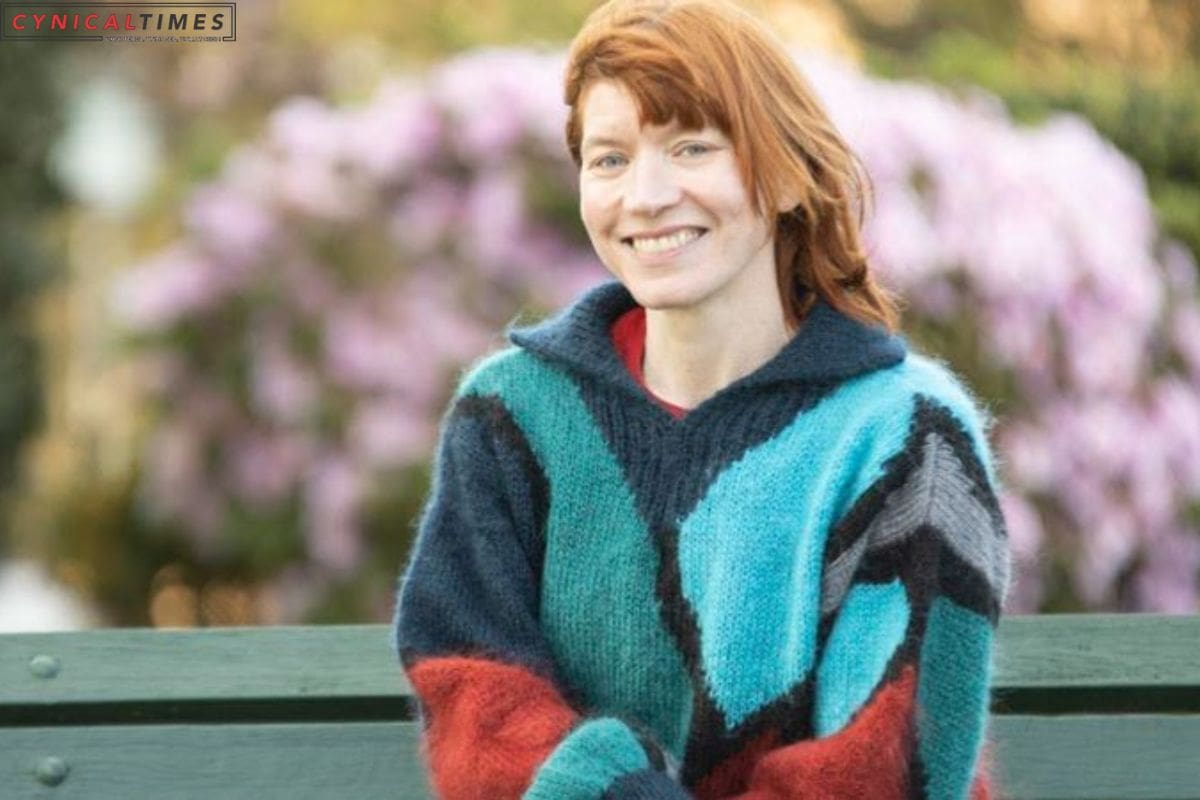Pancreatic Cancer: In a heartbreaking turn of events, when Katie Bryant, 49, sought medical help for what she thought was just “thumping back pain,” she was met with initial misdiagnoses of anxiety, indigestion, or a common back issue. However, her pain escalated, leading to a devastating diagnosis of one of Australia’s most lethal cancers.
Pancreatic cancer, a disease with a daunting five-year survival rate of only 12 percent, presented a grim reality that Bryant stumbled upon during an online search. This survival rate has remained dishearteningly stagnant for decades, with many patients succumbing within a year of diagnosis.
The stark descriptions of the disease she found online were distressing, with phrases like ‘death sentence’ and ‘worst cancer around.’ Bryant confessed, “I didn’t realize how serious it was.”


Also Read: Rise in Animal to Human Viral Infections: A Looming Global Health Crisis
Bryant’s own battle placed her in the category of stage three pancreatic cancer, as it had already spread to her lymph nodes. She was among the fortunate few with this diagnosis who could undergo surgery and chemotherapy at the Chris O’Brien Lifehouse in Camperdown. Her journey began five years ago, and now, on the cusp of her 50th birthday in February, she has experienced clear scans and been present for her son Otto’s transition into his teenage years.
Nonetheless, the shadow of potential cancer recurrence looms, with limited options for saving her life. Bryant recognizes the ongoing challenges: “It’s still a pretty bleak outlook. It’s not curable.”
In a cruel twist of fate, her mother-in-law, Barbara, succumbed to the same cancer after Bryant’s diagnosis. In response, Bryant is championing a call from the GI Cancer Institute, a cancer charity, to bring a new drug trial to Australia.
Doctors collaborating with the charity are advocating for the implementation of a trial taking place in the UK called PemOla, which utilizes a combined immunotherapy approach. Immunotherapy, a groundbreaking cancer treatment that harnesses the body’s immune system to combat the disease, has shown promise in various cancer types.


While results from the UK trial are pending, Melbourne-based pancreatic surgeon Dr. Daniel Croagh reports positive outcomes using immunotherapy on pancreatic cancer patients. He even cites a patient who remains alive three years after receiving a similar treatment, despite the spread of their cancer. While these treatments can carry a high price tag, successful trials could eventually make these drugs more accessible.
Croagh is determined to initiate the UK study in Australia but requires funding, either from philanthropic sources or the government’s Medical Research Future Fund (MRFF). He acknowledges the limited therapeutic options available for pancreatic cancer patients and the historical underinvestment in this area: “It’s probably been under-resourced over many years.”
Pancreatic cancer’s aggressive nature often leaves little time for clinical trials, and Professor Lorraine Chantrill, Chair of the GI Cancer Institute, emphasizes the urgency of securing funding for the PemOla trial. Despite the grim prognosis associated with pancreatic cancer, the fight to enhance the quality of life for those affected continues, with researchers striving for progress through alternative treatments. The PemOla trial, if funded and implemented in Australia, represents a pivotal step in this battle.
Our Reader’s Queries
What is the life expectancy of pancreatic cancer?
Pancreatic cancer has a bleak overall five-year survival rate of just 7.2%. However, there is a glimmer of hope for those with localized pancreatic cancer, as the survival rate jumps to 27.1%. This means that early detection and treatment can make a significant difference in the outcome for patients. It’s important to stay vigilant and seek medical attention if you experience any symptoms or risk factors associated with pancreatic cancer.
What’s the longest someone has lived with pancreatic cancer?
Meet Kay Kays, the world’s longest survivor of pancreatic cancer. Diagnosed in 1994, she has been fighting and thriving for 29 years. Her incredible journey is a testament to the power of perseverance and hope in the face of adversity. Despite the challenges she has faced, Kay Kays remains an inspiration to all those who are battling this deadly disease. Her story is a reminder that with the right mindset and support, anything is possible.
How quickly does pancreatic cancer progress?
Scientists have used mathematical models to study the timing of pancreatic cancer progression. Their findings suggest that it takes an average of 11.7 years before the first cancer cell develops within a high-grade pancreatic lesion. After this, it takes an average of 6.8 years for the cancer to grow and for at least one cell to have the potential to spread. These estimates are conservative and provide valuable insight into the development of pancreatic cancer.
How painful is pancreatic cancer?
Pancreatic cancer can lead to a dull ache in the upper abdomen that may radiate to the back. Initially, the pain may be intermittent, but as the tumour grows and progresses, it may become more persistent and prolonged. The discomfort is typically exacerbated when lying down or after meals.

